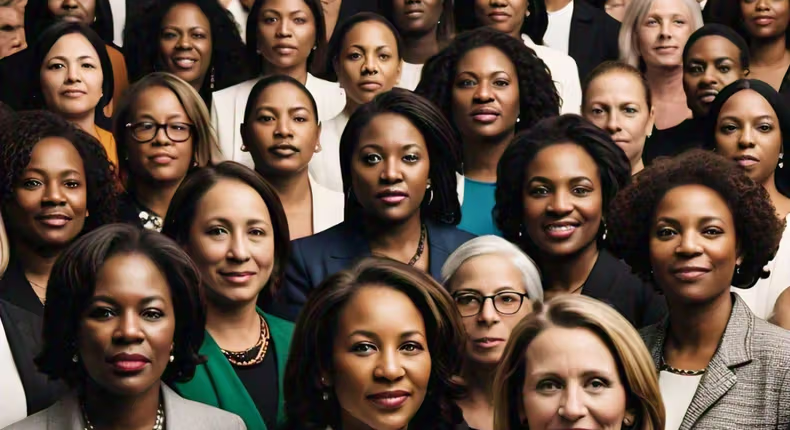UN Women has highlighted significant disparities in women’s leadership globally, noting that 113 countries have never had a woman Head of State, while only 26 countries currently have women in such roles. This data underscores ongoing challenges in achieving gender equality in political leadership worldwide.
The organization emphasized the importance of placing women in top leadership positions, particularly as many countries prepare for elections in 2024. UN Women Executive Director Sima Bahous stressed that appointing women to leadership roles demonstrates strong political will for gender equality and reflects a collective commitment to addressing global challenges effectively.
As of January 1, 2024, women constitute less than a third of Cabinet ministers in 141 countries, and seven countries have no women represented in their Cabinets at all. Moreover, women hold only 23% of Ministerial positions globally. The representation of women as Permanent Representatives of the UN is also disproportionately low.
Looking ahead, Bahous highlighted the upcoming 30th anniversary of the Beijing Declaration and Platform for Action, a milestone in advancing women’s rights globally. The declaration aimed to remove barriers hindering women’s active participation in all spheres of life, emphasizing their equal role in economic, social, cultural, and political decision-making.
UN Women continues to advocate for women’s leadership and equal participation in governance, believing that when women lead, societies benefit as a whole. Their efforts focus on ensuring that women not only occupy senior positions of power but also drive positive change and foster inclusive decision-making globally.

